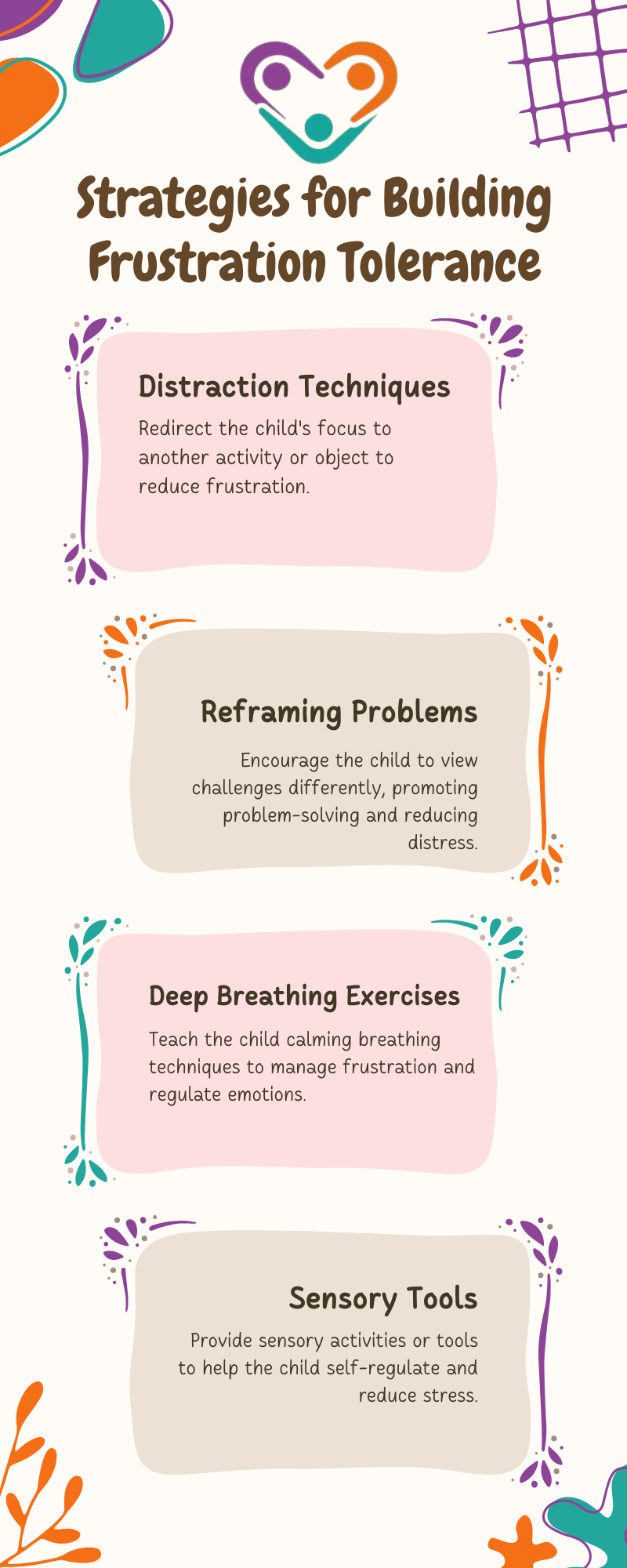
Table of Contents
Frustration tolerance can be a significant challenge for individuals with autism. This difficulty often manifests as intense reactions to situations that might seem minor to others.
When faced with obstacles or disruptions, those with low frustration tolerance may experience heightened stress, anger, or anxiety. Understanding how this trait affects daily life and interactions is crucial for finding effective ways to manage it.
Impact of Low Frustration Tolerance
Autistic individuals frequently exhibit low frustration tolerance, which can lead to difficulties in navigating and coping with challenging situations. This diminished capacity to manage frustration may manifest as emotional outbursts, meltdowns, or withdrawal.
The impact of low frustration tolerance can extend beyond the individual with autism, affecting familial dynamics and relationships as well.
Understanding the intricate relationship between frustration and autism is important in providing effective support and interventions tailored to the unique needs of autistic individuals. By acknowledging the underlying factors that contribute to frustration and recognizing the repercussions of low tolerance for frustration, caregivers, educators, and support systems can adopt strategies and approaches that promote emotional well-being and enhance the quality of life for individuals on the autism spectrum.
Strategies for Managing Frustration
Dealing with low frustration tolerance in autistic individuals requires a set of comprehensive strategies to help manage challenging emotions and situations effectively.
It is essential to incorporate coping mechanisms that promote emotional regulation and reduce the impact of frustration on daily life.
Let’s explore two key strategies for managing frustration.
Positive Self-Talk and Mindfulness Techniques
Positive self-talk involves using affirming and encouraging words to counter negative thoughts and emotions. By promoting self-compassion and optimism, individuals can shift their mindset and approach difficulties with a more constructive outlook.
This technique is particularly beneficial for autistic individuals who may struggle with interpreting and managing their emotions effectively.
Mindfulness techniques, such as deep breathing exercises and grounding practices, can help autistic individuals stay present in the moment and cultivate a sense of calmness. Mindfulness encourages awareness of thoughts and feelings without judgment, providing a valuable tool for managing stress and frustration triggers.
Incorporating these techniques into daily routines can enhance emotional regulation and promote a sense of inner peace.
Coping Strategies for Low Frustration Tolerance
Coping strategies tailored for individuals with low frustration tolerance aim to equip them with practical tools to navigate challenging situations and regulate their emotions effectively.
These strategies may include developing personalized coping plans, identifying triggers, and implementing proactive measures to prevent escalation.
Understanding the unique needs and challenges of autistic individuals is crucial when implementing coping strategies. By creating a structured and nurturing environment that fosters emotional development and communication, caregivers and support networks can empower autistic individuals to navigate frustration more effectively.

How to Build Frustration Tolerance in Autistic Children
Supporting children with autism in developing healthy ways to manage frustration is essential for their emotional well-being. By employing effective techniques and providing the necessary parental support, caregivers can help children build resilience and cope with challenges more effectively.
Children with autism often face difficulties in managing frustration, which can lead to emotional outbursts and challenging behaviors. To help children work through frustration, incorporating specific techniques can be beneficial.
Here are some effective strategies:

These techniques aim to equip children with practical ways to navigate feelings of frustration and cultivate resilience in handling difficult situations.
Parental involvement also plays a crucial role in supporting children with autism as they build frustration tolerance. By employing specific strategies and providing consistent support, parents can create an environment that fosters emotional regulation and resilience in their children.
Here are some effective parental support strategies to consider:
- Active Coping Strategies: Modeling positive coping mechanisms and problem-solving skills for children to emulate.
- Positive Reinforcement: Acknowledging and rewarding adaptive responses to frustration to encourage desired behaviors.
- Providing Directed Attention: Offering focused attention and guidance during moments of distress to help children navigate challenging emotions.
- Establishing Routines: Creating predictable routines and structures to provide a sense of security and stability for the child.
Through these supportive strategies, parents can help children develop essential skills to manage frustration effectively and enhance their overall emotional well-being.
Collaboration between parents, caregivers, and other professionals can further facilitate the growth of frustration tolerance in children with autism. This will empower them to navigate daily challenges with resilience and confidence. For those seeking additional support and resources, an ABA center in Indiana, New Jersey, New York, and Georgia by Golden Care Therapy can offer valuable assistance.
To learn how we can support your child’s development, please contact us today for personalized guidance and effective solutions.
Sources:
- Autism and Feeling Empty: What’s the Connection? - September 19, 2024
- Addressing Autism and Anger Issues - September 19, 2024
- Embracing Autism and Self-Acceptance in Daily Life - September 19, 2024
